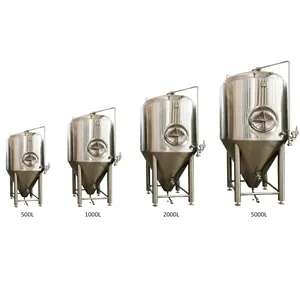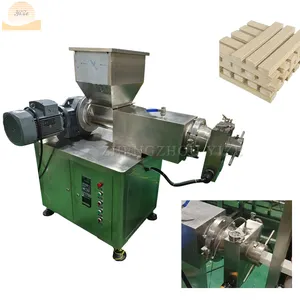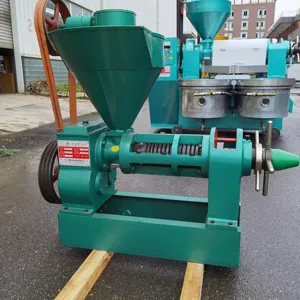Popular in your industry










































































Related Searches:












































































































Top categories
About stainless steel vessel
Introduction to Stainless Steel Vessels
Stainless steel vessels are essential equipment in various industries, including pharmaceutical, food and beverage, chemical, and cosmetics. These vessels are designed to store, mix, or process liquids or powders in a controlled environment. The use of stainless steel ensures durability, corrosion resistance, and ease of cleaning, making them ideal for hygienic applications.
Types of Steel Vessels
There are several types of steel vessels available, each designed for specific purposes. Stainless steel vessels can be categorized into storage tanks, mixing tanks, pressure vessels, and reactors. Storage tanks are used for holding liquids, while mixing tanks facilitate the blending of substances. Pressure vessels are designed to contain high-pressure fluids, and reactors are used for chemical reactions.
Technical Specifications
When selecting a vessel stainless steel, it is crucial to consider technical specifications such as capacity, pressure rating, material grade, surface finish, and agitator type. The capacity of stainless steel mixing tanks can range from a few liters to thousands of liters, catering to different production scales. Pressure vessels have specific pressure ratings to ensure safe operation under varying pressures.
Design Features
The design of stainless steel vessel plays a significant role in its performance. Features like heat transfer jackets, insulation, CIP (Clean-in-Place) systems, and advanced agitators enhance the functionality of the vessel. Heat transfer jackets allow for temperature control during processes, while insulation helps in maintaining product integrity. CIP systems enable easy cleaning, reducing downtime between batches.
Advantages of Stainless Steel Vessels
The use of mixing tanks stainless steel offers several advantages to industries. Stainless steel is highly resistant to corrosion, ensuring the integrity of the stored or processed materials. Additionally, stainless steel is easy to clean and maintain, reducing the risk of contamination. The durability of stainless steel vessels results in long-term cost savings for businesses.
Selection and Maintenance
When choosing stainless steel vessels, it is essential to consider factors such as intended use, volume requirements, material compatibility, and regulatory compliance. Regular maintenance of vessel stainless steel involves cleaning, inspection of components, checking for leaks, and ensuring proper functioning of agitators or other accessories. Proper maintenance extends the lifespan of the vessel and ensures optimal performance.
In conclusion, stainless steel vessels are indispensable assets in various industries, offering reliability, efficiency, and hygiene in processing operations. Understanding the types, technical specifications, design features, advantages, and maintenance requirements of these vessels is crucial for businesses looking to invest in high-quality equipment for their operations.










































































